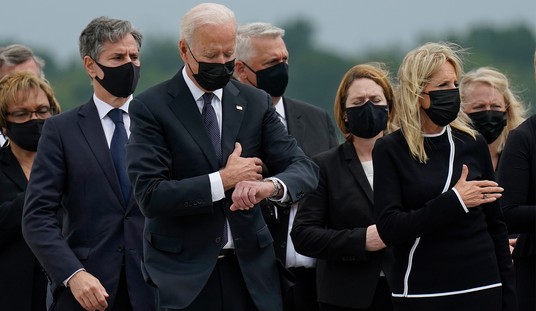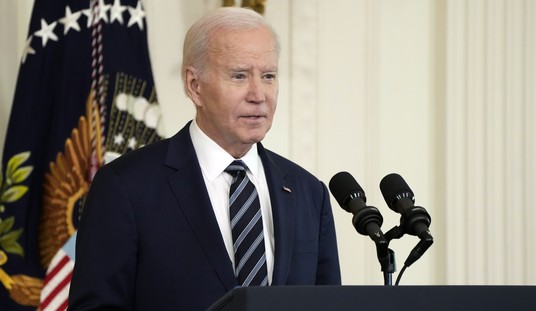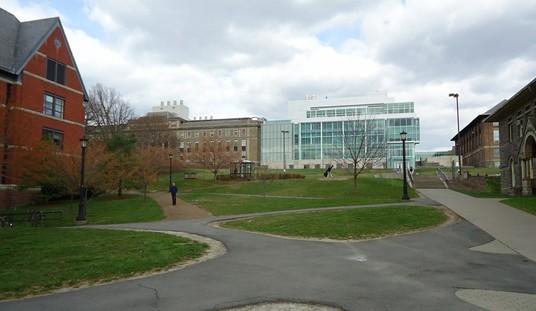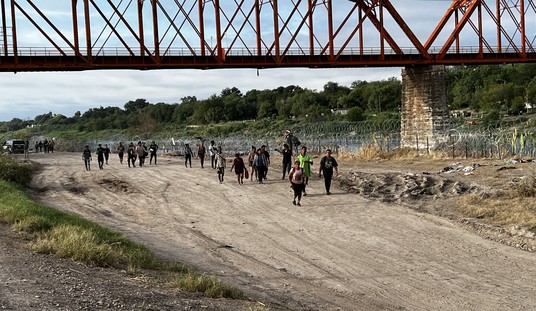As part of their ongoing “jobs agenda,” House Republicans will unveil this week and soon consider the American Energy & Infrastructure Act (AEIA) to reauthorize transportation spending for five years. The “highway bill” promises a host of reforms (consolidating programs and streamlining red tape) and includes increased oil and gas exploration. But unfortunately these reforms are meant to distract from the overall size of the program, and the fact that such spending will require a massive bailout from federal taxpayers.
[Before getting into the proposal, let’s first reflect on something. What does it say about a Republican Majority when their number one priority heading into an election year is to pass a massive federal infrastructure bill? I know Republicans are split on the issue, and that many burn all of their anti-Keynes stimulus talking points to give transportation spending a special dispensation as a government “job creator.” But really? This is what they want to fight on and draw stark differences with the other party? That is depressing.]
Proponents of federal infrastructure spending have long maintained its legitimacy based on the fact that it is user financed by drivers who pay gas taxes. Good driving years generate enough revenue for generous spending on roads and bridges, and bad driving years require such spending to be ratcheted back. The problem is that the last highway bill—the Safe, Accountable, Flexible, Efficient Transportation Act (SAFETEA)—increased spending levels far above what the trust fund could support (and 31% over previous levels). Of course, Congress refused to scale back the spending and instead infused the programs with money from general taxpayers. These bailouts of the highway trust fund occurred in 2008 ($8 billion), 2009 ($7 billion), and 2010 ($19.5 billion). This is confirmed by the nonpartisan Congressional Research Service:
Historically, the trust fund-based revenue collection system was a reliably growing source of funding for surface transportation, as the trust funds collected more than was expended to implement the program defined by Congress. This situation has changed under SAFETEA, as spending on highways and transit has exceeded both highway and mass transit account revenues on a regular basis.
And under current law, if Congress does not reduce the spending, another billion dollar bailout will likely be needed right before the election.
According to numerous press reports and the marketing material released already, the GOP bill will set the “long term reauthorization at current funding levels” and “revenues from additional oil and gas production will help fund programs” (emphasis added). Obviously, increased energy exploration is a good thing, but using the revenues generated to pay for existing unaffordable transportation obligations when we are running trillion-dollar deficits each year is insanity. Furthermore, it is unlikely that the energy revenues will come anywhere close to being able to cover a $59 billion shortfall over five years. That means other offsets and gimmicks will be needed or a massive straight-up bailout from taxpayers.
All of us want better roads and bridges, but conservatives have long championed devolving the highway program to the states to collect and spend gas tax revenues as they see fit without heavy federal micromanaging. Both regularizing the recent taxpayer bailouts and relying on offsets elsewhere in the federal government will ensure that conservatives will never be able to devolve these programs and that the federal government will never get out of the federal highway business. It is great that Republicans are proposing to consolidate programs, but rationalizing transportation policy while growing government at an unaffordable pace harms the country. In short, it may be the difference between Chinese communism and Soviet communism, but it’s still communism.
Furthermore, the claims that federal highway spending creates millions of jobs are dubious. These claims are typically based on economic models that ignore that a billion spent on highway projects is a billion that needs to be borrowed or taxed from the private sector, thereby destroying jobs somewhere else. During the last reauthorization of the highway bill, Heritage’s Ron Utt looked at the available research on the subject and concluded that, “such claims…are highly questionable given the mixed findings of decades of independent academic studies on the relationship between federal spending programs and job creation.”
One last point. The GOP highway bill, which will violate the House-passed Ryan budget, is arguably another violation of the Republican Pledge to America, that specifically pledged to “end the practice of packaging unpopular bills with ‘must pass’ legislation to circumvent the will of the American people. Instead, we will advance major legislation one issue at a time.” Now Republicans will argue that “must pass” meant only appropriations bills, but the sentiment behind that component in the Pledge was to guard Congressmen from being pressured to support overwhelmingly bad policy (a highway bailout) that includes some long-sought conservative victories (increased energy drilling). Remember, the old Republican majority had a habit of packaging items like a minimum wage increase and ANWR together or health savings account reforms with a prescription drug expansion, and thus the Pledge included the line of advancing major issues one at a time.
I fear a bums rush in the next few weeks. Republicans love them some highway spending. The last highway bill, with the 31% increase in spending, passed by a vote of 412-8 and 91-4. Speaker Boehner has made this “jobs bill” a priority of his Speakership, and many conservatives are tired of fighting their Leadership. Who wants to oppose a bill that fixes potholes and increases energy drilling? But not fighting bills like this is exactly how our country got in its current fiscal situation. Conservatives in the House need to rise up and fight this legislation, and they need to fight hard.














Join the conversation as a VIP Member